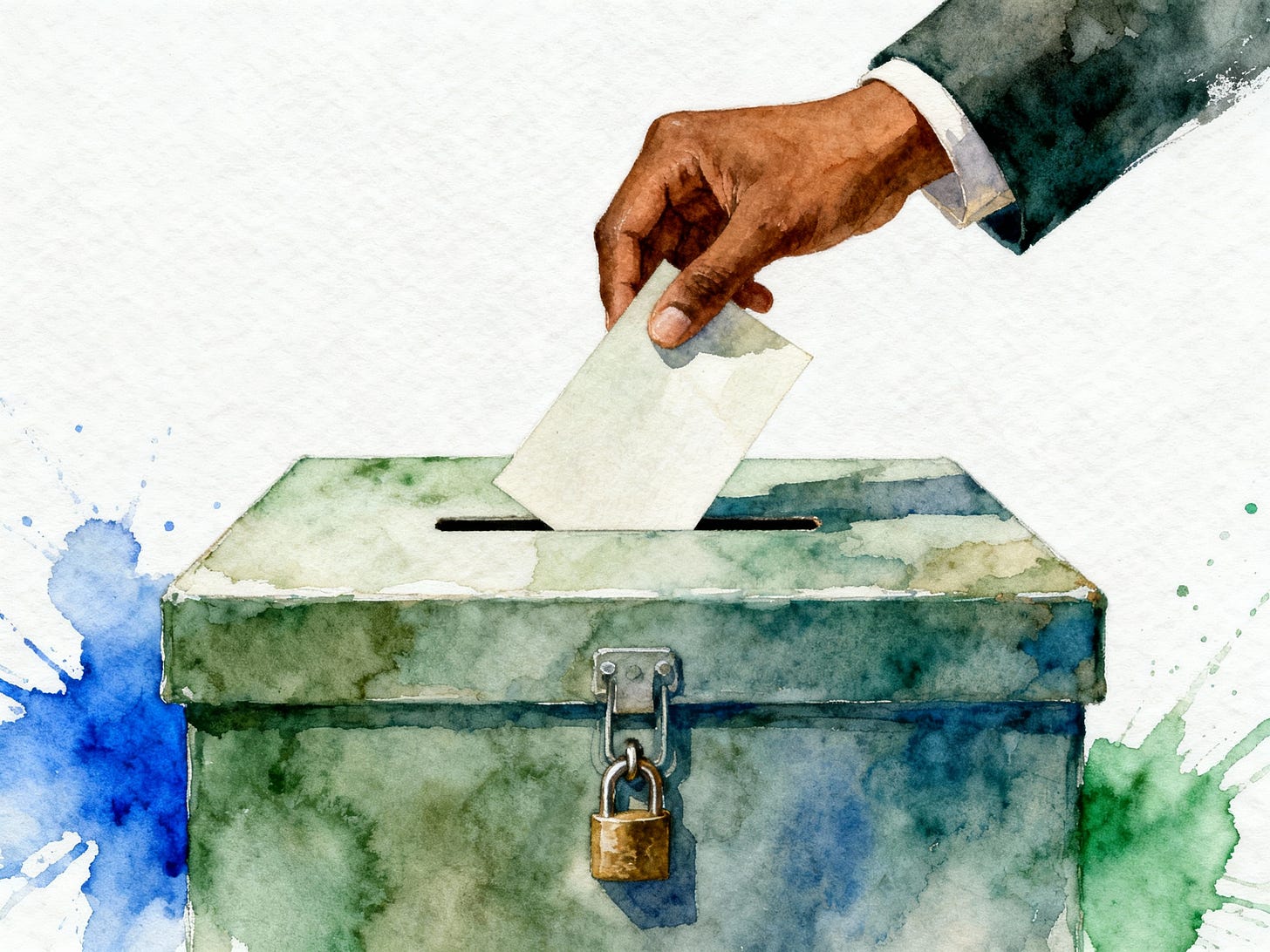Voting is not salvation.
It will not, on its own, redeem a failing world or cure the corruption of power. But it is maintenance—an act of collective care, a way of keeping governance within sight of the governed.
At its truest, voting is a language of relation. When we vote, we speak back to power, reminding it that legitimacy is not inherited, purchased, or decreed—it is lent, and must be continually earned. To vote is to participate in the ongoing dialogue of accountability, a conversation between those who hold authority and those from whom that authority arises.
The act itself is small, often quiet, and rarely without compromise. Yet it remains a threshold where conscience meets responsibility—a moment to say:
I see. I discern. I choose not to turn away.
Voting is not only a matter of policy or preference. It is a moral discernment—a test of character, both personal and collective. In each choice, we measure not only the candidates before us but the principles within us.
The measure is not power, but compassion. Not domination—service. The compass is not fear, but love.
Vote for those whose vision enlarges our shared humanity. For those whose empathy reaches beyond their own reflection. And for those who understand that diversity is not division but strength—like a forest that survives because no two trees grow the same.
When you vote in this spirit, you affirm that governance is, at its heart, a trust of care—that those who lead are intended as stewards, not masters—and that democracy, when rooted in empathy and guided by conscience, remains one of the quiet miracles of our shared experiment in living together.
Therefore, let it be known:
Voting is not the endpoint of civic duty but love made lawful. It is the steady maintenance of freedom, the slow tending of justice, and the humble act by which the People remind power that it, too, must serve life.



